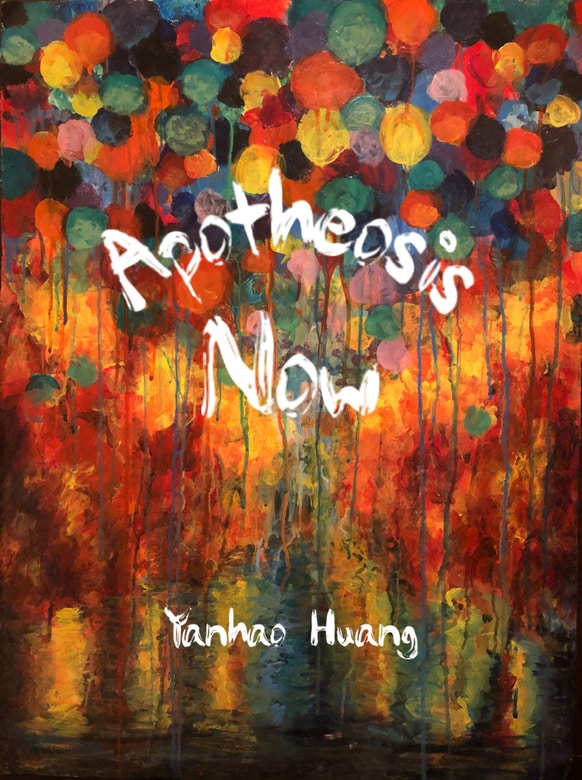
For any embattled spirits looking for an honest path to self-understanding and happiness, Apotheosis Now: Rabbit Hole to the Beyond by Yanhao Huang is an excellent starting point.
As the title suggests, this book attempts to fast-track readers, or at least redirect them, to their highest form of self – their personal apotheosis – by explaining many of the obstacles, societal constructs, and mental blocks that prevent such a cognitive elevation. On this journey towards self-knowledge and self-examination, in which the ego is both ally and enemy, Huang asks many questions of the reader, which is potentially condescending in a self-help book, but he is more than prepared with surprising answers.
Tackling abstract subjects with which countless people struggle – self-sabotage, grind culture, self-image problems, goal-setting, and manifesting our deepest desires – this book is an aid for mental health and healthy behaviors, but Huang probes much further, getting down to the larger questions, including the nature of existence, the need for spirituality, the evolution of the ego, and much more.
Initially, this book presents like so many other self-help books, blending narration, research, hypotheses, and philosophy, but the writing surpasses re-hashed wisdom that is so common in works of self-help. Huang speaks with the authority of a scholar, but the free-thinking and experimental mind of a guru, which makes for an engaging and compelling combination.
At times, the prose will simply stop a reader in their tracks, inviting you to go back for a second or third taste of subtle insight: “Life is always on – it does not distinguish events between good and bad; chaos is part of life; death is part of life. Therefore, all the thinking about life is completely futile. The more you think about life, the more you get away from life, because you are increasingly living in abstraction.” Profoundly worded wisdom is casually doled out on every page, and while some of the sentiments occasionally seem redundant, like differently worded versions of the same truth, these overlaps are forgivable, as they help compound the message. Additionally, the author’s logical acrobatics raise an eyebrow at times, as there are some leaps in terms of causality, correlation, and significance, but this is nonetheless a thought-provoking blend of science, spirituality, psychology and philosophy.
As a non-native speaker, there are some syntactical and linguistic issues in the prose, such as stilted phrasing, unnecessary prepositions, and incorrectly used colloquialisms, but there are also basic errors of sloppiness too – missing commas, incorrect grammar, and missing words (i.e., “to forward to” vs. “to look forward to”). Some passages are poetic in their eloquence, while others feel circuitous and confusing, and this inconsistency is hard to miss. A final editorial pass to catch these small but frequent-enough stumbles would greatly improve the flow of ideas. The confident authorial voice and the seemingly logical rhetoric about ego and identity can lull readers into a comfortable trance, but these errors undercut the book’s authority.
Overall, as a holistic approach to addressing humanity’s deepest misconceptions about life, this guidebook is uniquely far-reaching for a work of self-help, and can give a reader a more well-rounded path going forward.
Book Links
STAR RATING
Design
Content
Editing
Get an Editorial Review | Get Amazon Sales & Reviews | Get Edited | Get Beta Readers | Enter the SPR Book Awards | Other Marketing Services























Leave A Comment